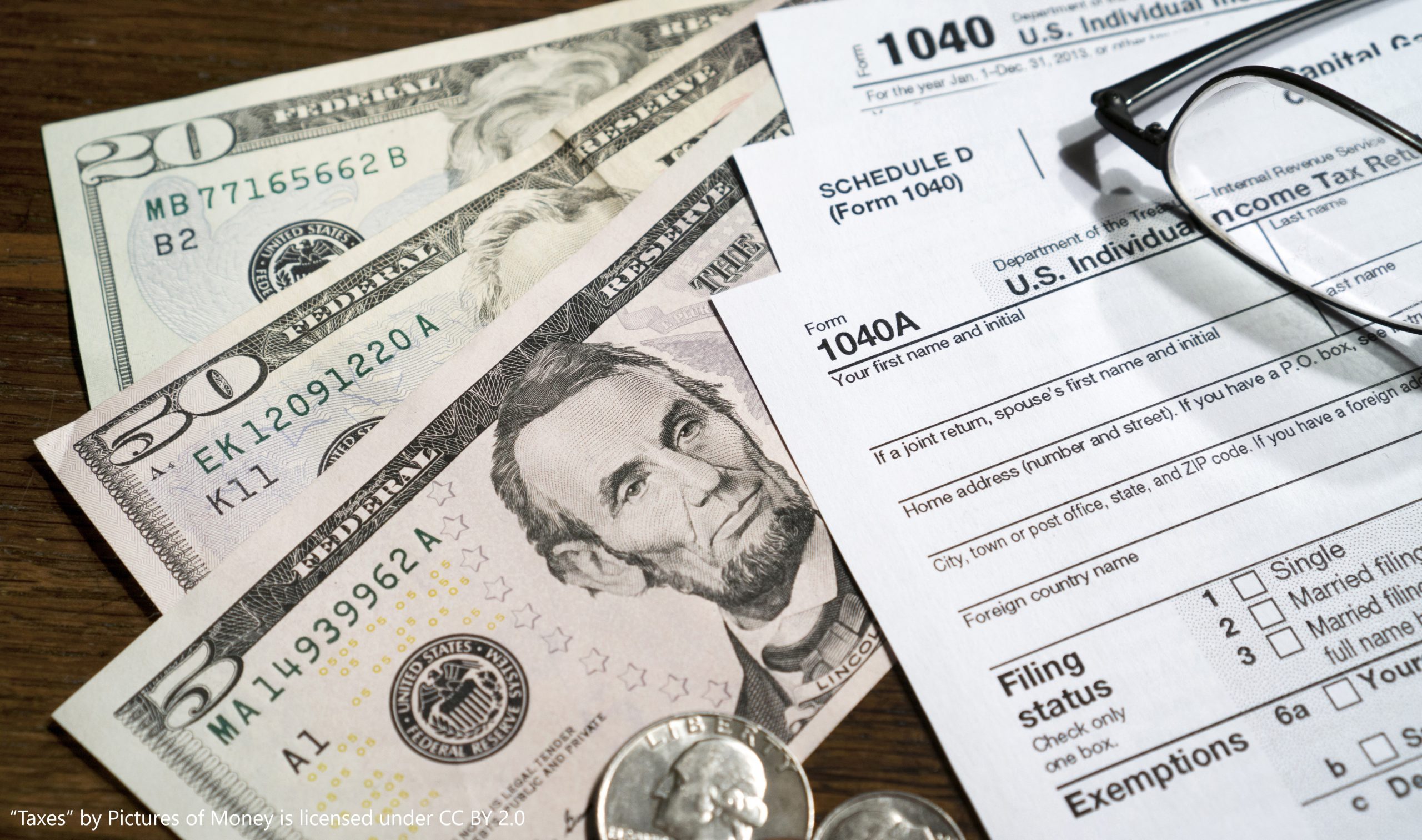A recently-released UC Berkeley Institute of Governmental Studies (IGS) poll generated headlines before Thanksgiving for its finding that, if it came up for a vote again, California would again vote to approve the landmark property tax relief measure Proposition 13 by a 53 to 19 percent margin.
Generating less media attention was the poll’s findings on how Californians feel about its local and state tax burden. The Berkeley IGS poll showed “a historically large proportion of voters (81%) now feels the level of state and local taxes paid by the average Californian is high.” Further, 71 percent of those surveyed rated the level of state income taxes paid by the average Californian as being high.
Upon releasing the findings, Berkeley IGS noted that only twice before – during the recessions of 1982 and 1991 – did more than three-fourths of voters declare the level of state and local taxes as being high.
So, what’s behind the growing anger over state and local taxes? I place a good deal of the blame on the state and local tax deduction, or SALT, cap passed as part of the Trump tax cuts in 2017.
Until the SALT cap was enacted, Californians could fully deduct their high state and local tax burden off of their federal income taxes. As Dr. Wayne Winegarden documented in his PRI study, “Making it Rain in California,” taxpayers in low tax states like Indiana were essentially subsidizing high tax, high spending states like California and New York. The SALT cap ended this unfair subsidy of high tax states by taxpayers in low tax states.
Winegarden notes, “Congress didn’t increase California’s tax burden – Sacramento politicians did. The State and Local Tax deduction encourages California to tax and spend more, subsidized by low-tax states . . . Now Californians knows how much Sacramento’s overspending really costs them.”
Three years later, Californians are finally feeling the pinch of the high tax burdens imposed on them by Sacramento politicians.
Ever since it was enacted, House Speaker Nancy Pelosi, a Californian, and Senate Minority Leader Chuck Schumer, a New Yorker, have been on a crusade to repeal the cap. Pelosi has been pushing all year to include a repeal of the SALT cap in various proposed state bailout and stimulus bills. They have blamed President Trump and Republicans in Congress for Californians feeling a higher tax burden, but that’s simply not true.
Winegarden says, “Some want to reverse this cap and force low tax states to again pay for big spending in California, New York, and Illinois. That would be a mistake. Taxpayers in high-tax states should demand that lawmakers reform anti-growth state tax codes and cut spending to make their economies more competitive.”
The Berkeley-IGS poll results show that the heat is now on Pelosi, Gov. Gavin Newsom, and Democratic state legislators who have imposed one of the nation’s highest state and local tax burdens to pay for their big spending demands. A likely push for a tax increase in the coming legislative session could turn voter anger into a full-blown tax revolt.
Tim Anaya is the Pacific Research Institute’s senior director of communications and the Sacramento office.

